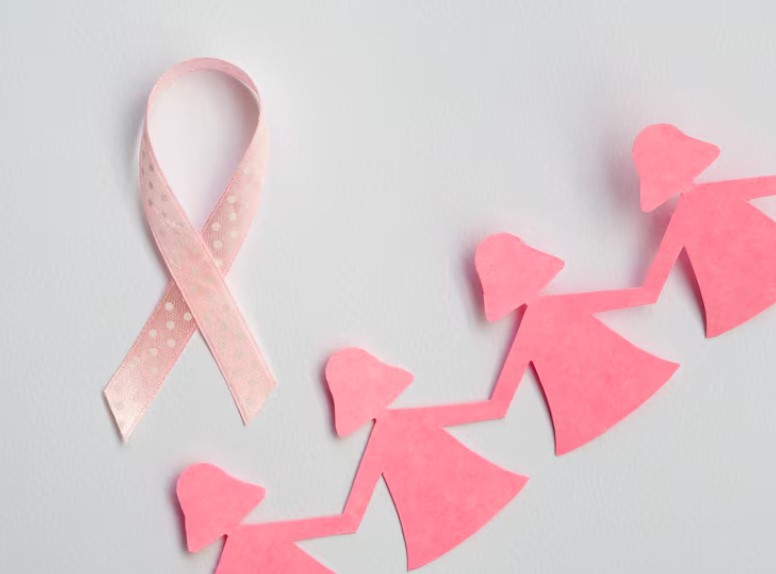09
Sep 2025
Noosa Hospital Brings Cutting-Edge Breast Cancer Technology to the Sunshine Coast
Published in News on September 09, 2025

Patients on the Sunshine Coast now have access to one of the most advanced tools in breast cancer surgery, with Noosa Hospital unveiling the SCOUT® radar localisation system—a state-of-the-art technology designed to improve precision, reduce patient discomfort, and enhance overall outcomes.
Breast cancer remains one of the most common cancers among Australian women, with thousands diagnosed each year. Surgery often plays a central role in treatment, but traditional methods for locating tumours have long presented challenges. Until recently, surgeons relied heavily on wire localisation, a procedure where a thin wire is inserted into the breast on the day of surgery to mark the tumour site. While effective, this approach can be uncomfortable for patients, logistically demanding for hospitals, and limiting for surgical teams in terms of planning.
The SCOUT system changes that picture entirely. It works by placing a tiny, rice-sized reflector into the breast tissue, marking the tumour site. Unlike wires, this reflector can be inserted weeks ahead of surgery, offering far greater flexibility. During the operation, surgeons use a radar detection probe that can locate the reflector with millimetre-level accuracy, guiding them directly to the tumour in real time.
Dr Felicity Adams, Breast and Endocrine Surgeon at Noosa Hospital, explained the benefits of this breakthrough. “This technology gives us precision we simply didn’t have before. It allows us to remove tumours more accurately while preserving as much healthy tissue as possible. That means less invasive surgery, fewer complications, and better cosmetic outcomes for our patients.”
For patients, the experience is also significantly improved. The discomfort of having a wire protruding from the breast on surgery day is eliminated, and the ability to place the reflector ahead of time means less stress around scheduling. This flexibility is particularly valuable for women who may live outside metropolitan areas and would otherwise face long journeys to the hospital for both wire placement and surgery within tight timeframes.
The innovation is also expected to have an impact on hospital stays. Because surgery can be carried out more efficiently and recovery is often smoother, patients may spend less time in the hospital compared to traditional methods. A shorter hospital stay not only reduces costs but also lowers the risk of hospital-acquired complications and allows patients to return to the comfort of their homes more quickly—a significant benefit for older adults and those managing other health conditions alongside breast cancer.
Dr Karl van der Merwe, CEO of Noosa Hospital, said the adoption of SCOUT reflects the hospital’s commitment to world-class healthcare close to home. “Our focus is always on providing patients with the very best technologies and care. By introducing this system, we’re ensuring that women on the Sunshine Coast can access the same leading-edge treatments available in major city hospitals.”
The launch of the SCOUT system at Noosa Hospital marks a step forward in breast cancer treatment across regional Australia. With improved accuracy, better patient comfort, and the potential for reduced hospital stays, this advancement promises to transform the surgical experience for many women, giving them not just a more effective operation but also a smoother journey to recovery.









